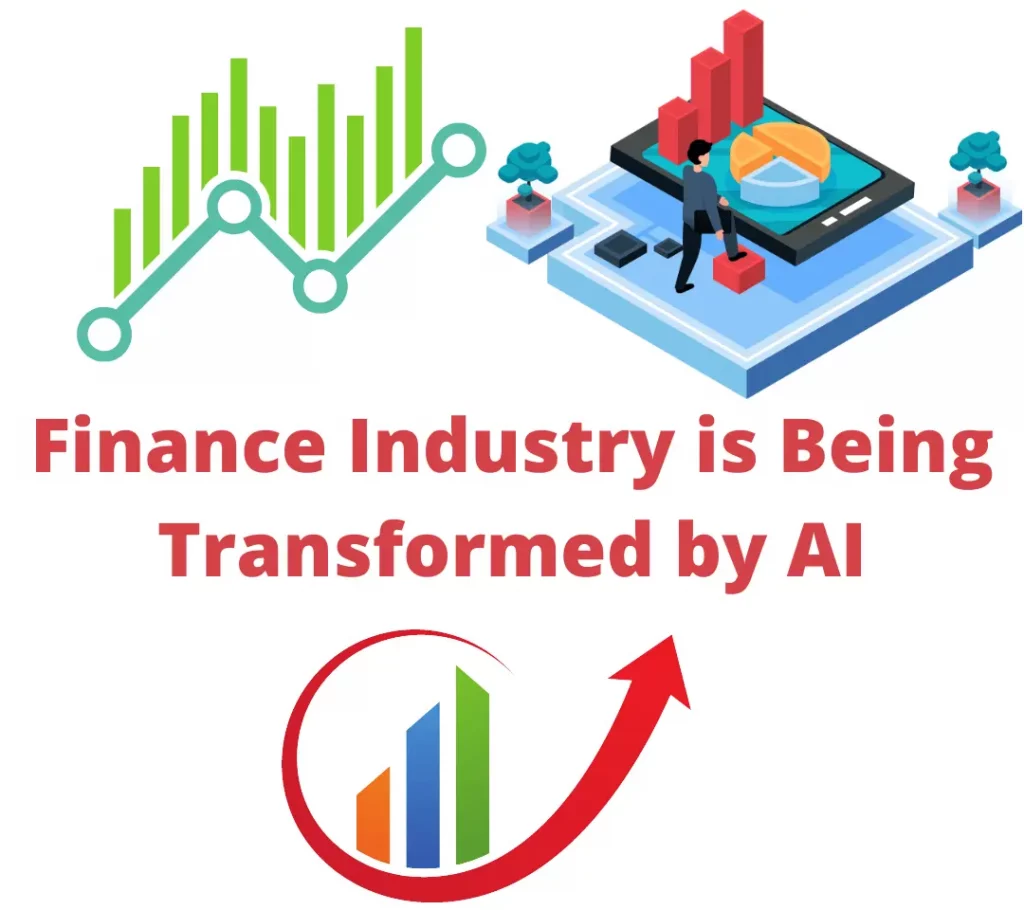- Fraud Detection
- Risk Assessment and Management
- Trading
- Managing Finance
- Hyperautomation
Artificial intelligence used to be a term relegated to science fiction but is slowly becoming part of everyday technology in some aspects. Less likely to be personalities these systems tend mostly to be used to process data and identify patterns more efficiently than a human can. As such, many industries have adopted these systems into daily practice and are reaping the benefits. The finance industry is no different, here are five ways the industry is being transformed by the use of AI.
Finance Industry is Being Transformed by AI
1. Fraud Detection
Whether it’s a false claim, a credit card fraud or a new form of organized crime there’s no denying that fraud is a big issue most companies in the finance industry have to deal with. This can be difficult to manage, especially with ever changing systems and requirements, and can be prone to human error when it comes to detection. Therefore, it’s no surprise that companies are now using AI to fight fraud by implementing algorithms to help them detect anomalies or unusual patterns of behavior. They can do this on an immense scale and with great speed making them a very effective way of stopping fraud in its tracks.
2. Risk Assessment and Management
The finance industry deals with risk in all areas of the company. As such, risk assessment and management are crucial to keeping everything working smoothly while avoiding potential threats on the horizon. While this job will always require some human oversight, AI can now increasingly be used to analyze large quantities of data in order to identify market trends, prioritize potential risks and provide risk monitoring systems. This means you can more effectively deal with those risks that need more focus as well as reduce the amount of busy work employees need to do that could be spent on actually dealing with the risks.
3. Trading
For investment companies, computers and data is their lifeblood. As a result, AI has become a tool they can use to more effectively and accurately predict future trends by allowing the systems to crunch the data for them in order to provide portfolio suggestions. For the more risk-averse there is a potential to receive alerts for when markets may fall in order for them to make a decision of whether or not to leave the market. It can even be taught to recognize potential “triggers” for anomalies like the 2008 financial crisis and provide plans for dealing with them.
4. Managing Finance
AI has made it possible for the everyday consumer to improve their own finance management. Whether it’s through banking apps, the digital wallet or even through new systems that can track your spending across the web. While this can be a frightening concept and is not for everyone, it is definitely a great step forward for those looking to improve their spending habits. It just might be a bit of an issue if you are already concerned about the lack of privacy you face online.
5. Hyperautomation
This is the most common usage of AI at the moment and the thing most of us will have some familiarity with despite the daunting name. Hyperautomation is the use of technologies like AI to automate manual processes. Whether it’s chatbots on sites to prevent overcrowding of helplines, monitoring software to highlight any particular areas of concern or even purely software to manage your paperwork it all falls under this grouping.
The entire goal is to improve the overall productivity of an organization buy automating those mundane and repetitive tasks that eat up time in the day. This allows employees to focus on the more essential aspects of their job and can even improve their overall satisfaction. Click here to learn more.
Overall, the finance industry is starting to look very different to what it did even 10 years ago with the use of AI. Whether it’s being used for high risk and value jobs like fraud detection, trading portfolio management or risk management itself or for automating those everyday repetitive tasks, it’s clear that AI is transforming and improving the financial industry. It is minimizing human error and allowing people to see threats before they truly become issues they need to deal with while also freeing up employees to focus on the actually important areas of their job.
Marketing strategist Rebecca Leigh writes for Custom essay writing service.




